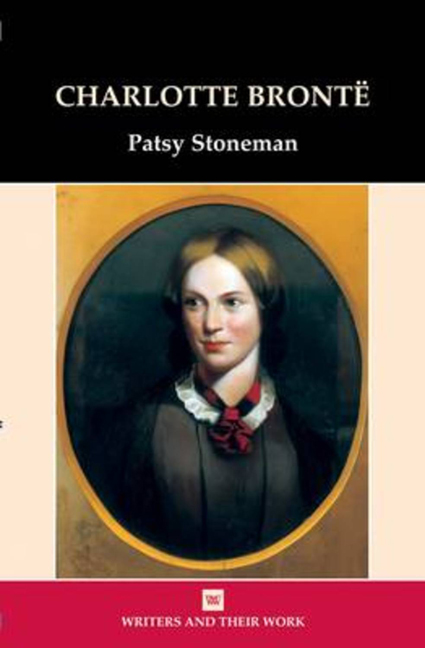3 - Jane Eyre
Summary
Charlotte Brontë's Jane Eyre (1847) is now famous throughout the world. It was an immediate success, going through edition after edition. Her publisher's reader sat up half the night, her publisher himself cancelled his engagements and the novelist W. M. Thackeray lost a day's work to read it. Americans were afflicted by ‘a distressing mental epidemic, passing under the name of the “Jane Eyre fever”’. Queen Victoria called it ‘really a wonderful book’ and Emily Dickinson found it ‘electric’. After a hundred and sixty years it is still among the favourite books of readers all over the world as well as being an object of academic study; it has been translated into dozens of languages, adapted many times in all media and imitated by numerous later novelists. Yet The Professor, written immediately before Jane Eyre, was rejected nine times and has never been popular. How do we account for Jane Eyre's extraordinary success?
‘I have now written a great many books’, Charlotte Brontë wrote in 1839, but she was referring to her tales of imaginary Angria. The Professor was the first work which she wrote with the deliberate intention of engaging with the real world, and she approached it with trepidation. It was, she wrote, like entering ‘a distant country where every face was unknown & the character of all the population an enigma’ (A. 314). The hero of The Professor is thus wary and watchful; his is an embattled stance against the world and he seldom invites even the reader to share his unguarded emotions. For William Crimsworth, self-control amounts to a defensive armour.
Charlotte believed that by writing in this way she was entering the world on its own terms, so her keen sense of irony was aroused when she discovered that her book was being rejected because ‘Publishers, in general …would have liked something more imaginative and poetical – something more consonant with a highly wrought fancy, with a native taste for pathos – with sentiments more tender – elevated – unworldly’ (P. 3). Her wry reaction was turned into positive energy when, in 1847, the firm of Smith, Elder & Co. refused The Professor, but with the hint that ‘a work in three volumes would meet with careful attention’ (B. 621).
- Type
- Chapter
- Information
- Charlotte Bronte , pp. 30 - 47Publisher: Liverpool University PressPrint publication year: 2011



